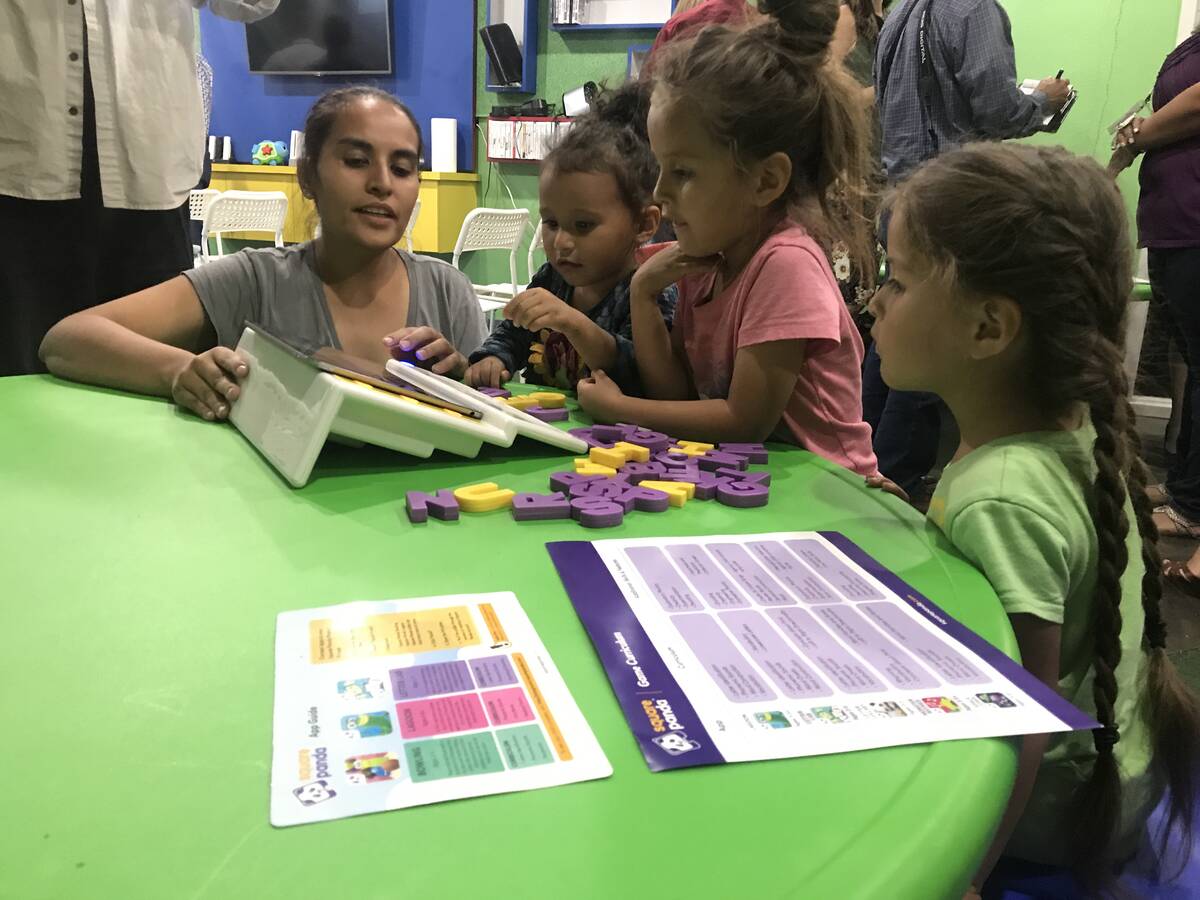VICTOR JOECKS: The fight over phonics: Why moms outsmarted the experts
Imagine that you’re facing a weighty political decision. You must follow the advice of either a 70-year-old grandma or a well-credentialed expert with a string of humanity and interdisciplinary studies degrees. Whom do you choose?
I’m choosing the grandma — every time.
When you follow the news, you notice a peculiar pattern. Many people with sterling academic pedigrees — who should know the most about their area of expertise — get things comically wrong.
Think about phonics. That’s the method of teaching students the sounds letters and letter combinations make. That base of knowledge enables students to sound out unfamiliar words while reading.
I’d guess many of the readers of this column learned to read using phonics. I did. Why? Because of my mom knew phonics was the best way to learn to read.
Now, at the time I was learning to read “whole language” instruction was all the rage. It’s based on immersing children in good literature. They will, the theory goes, learn to read as naturally as they learned to speak. Children are taught to guess at unknown words, foregoing the struggle of sounding them out.
It is difficult to image someone espousing this notion if they have spent time around kids. Reading doesn’t come naturally to most. But whole language and its cousin, balanced literacy, remain the dominate technique learned by future teachers. A 2019 Education Week Research Center survey of early-reading professors found just 22 percent said their philosophy centered on “explicit, systematic phonics.”
That’s a problem.
“Decades of research have shown that teaching explicit, systematic phonics is the most reliable way to make sure that young students learn how to read words,” Education Week wrote in 2020.
Turns out my mom had it right. She usually did. But my mom’s academic credentials don’t hold a candle to the university elites who pushed whole language.
Perhaps, this was just a one-off. My mom and the millions like her got lucky in outsmarting the experts. Everyone is wrong sometimes.
But this type of thing isn’t an isolated incident. Many coronavirus experts were 12 months behind the people they tried to ban from social media. COVID-19 couldn’t have come from a Chinese laboratory. Two weeks to slow the spread. Masks offer more protection than vaccines. Reopening schools in fall of 2021 is dangerous to children.
In 1969, Paul Ehrlich, author of “The Population Bomb,” predicted, “Unless we are extremely lucky, everybody will disappear in a cloud of blue steam in 20 years.” Being repeatedly wrong didn’t hurt Ehrlich’s career in academia. He spent decades at Stanford. Instead of disappearing in a cloud of blue steam in 1989, he retired in 2016.
To solve racism, professors such as Ibram X. Kendi urge politicians to pass laws mandating racial discrimination. Some academics claim children can choose their gender, even as toddlers. Elites in the legal sphere contend society will be better off defunding the police and releasing criminals. On college campuses you’ll learn that speech is violence, which leads students to commit actual violence to shut down disfavored speech.
Anyone with an ounce of common sense can understand the folly in those ideas. But common sense is a rare commodity in higher education. Academia has gone from a sanctuary to freely exchange and debate ideas to a woke echo chamber. Feeding off government subsidies and endowments, there’s little feedback from market forces either.
This doesn’t mean academic elites are always wrong. There are strong opponents of those ideas who also have a string of degrees.
But here’s the state of American higher education: Some ideas are so absurd that only a highly education person will take them seriously.
Contact Victor Joecks at vjoecks@reviewjournal.com or 702-383-4698. Follow @victorjoecks on Twitter.


















